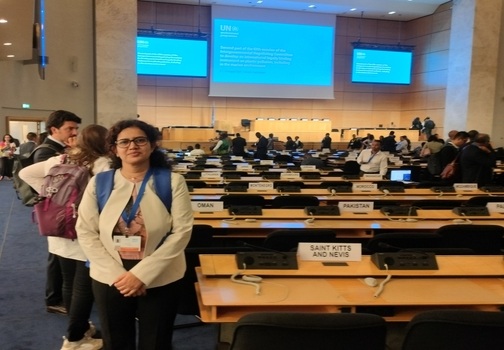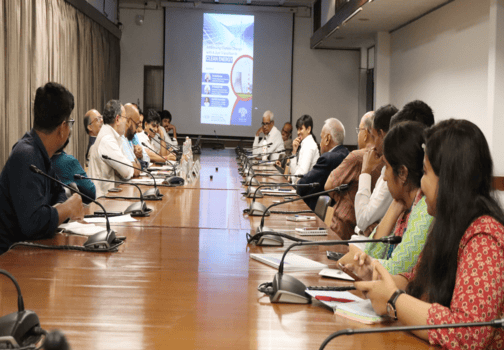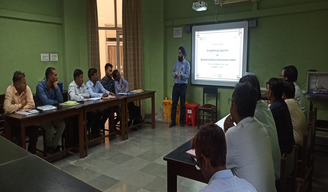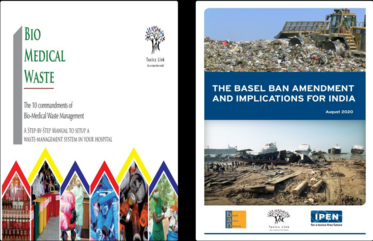Second Session of the Intergovernmental Negotiating Committee on Plastic Pollution (INC-2)
29 May – 2 June 2023, Paris, France
Plastic pollution is an urgent and pressing global concern. The scale of plastic pollution is huge, with the negative impacts extending to economic, social and health effects. The concern is heightened in developing nations such as India, where the production and consumption of plastic and plastic products are extensive. The absence of comprehensive frameworks, locally and globally, to address the complete life cycle of plastic exacerbates the issue. This has resulted in calls for a coordinated global response from governments, businesses, and civil society to tackle the concerns.
To address this menace of plastic pollution, in March 2022, the United Nations Environment Assembly (UNEA) adopted resolution 5/14 to end plastic pollution. This landmark resolution created an Intergovernmental Negotiating Committee (INC) to craft an international legally binding instrument (ILBI) on plastic pollution.
The second session of the Intergovernmental Negotiating Committee to develop an international legally binding instrument on plastic pollution, including in the marine environment (INC-2) took place from 29 May to 2 June 2023 at the United Nations Educational, Scientific and Cultural Organization (UNESCO) Headquarters in Paris, France.
While INC-2 was characterized by long delays and late nights, the meeting was concluded by setting out a path for the intersessional period leading to INC-3, mandating the preparation of a “zero draft” of the new treaty for consideration at INC-3, and allocating time for a one-day pre-meeting event to discuss principles and scope of the Treaty based on submissions that will be submitted both by Observers and Member States to discuss a synthesis report of elements that were not considered during INC-2. It was agreed that there would be regional meetings. These meetings will likely happen back-to-back with the Regional Meeting in preparation for the Minamata COP-5.
Ms Priti Banthia Mahesh, Chief Programme Coordinator, Toxics Link, who participated in INC-2 as an observer, made an intervention in the plenary on behalf of Toxics Link, advocating for clear mandates on chemicals in plastics, as well as measures to control the adverse effects of micro and nano plastic pollution. Toxics Link strongly supports a Treaty that focuses on eliminating unnecessary plastics and toxic chemicals and mandates a harmonized effort and system to ensure a Just Transition and address legacy plastic waste. Toxics Link believes that it is imperative that the Global Plastic Treaty be promptly established, incorporating strong and transparent measures that encompass not only waste management but the entirety of the plastic life cycle.






